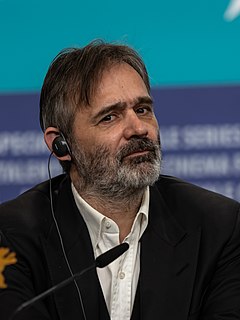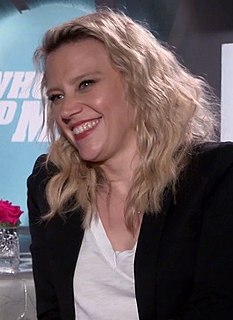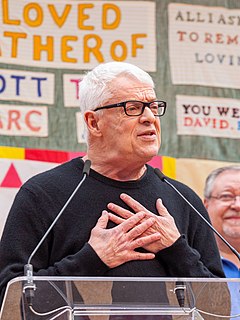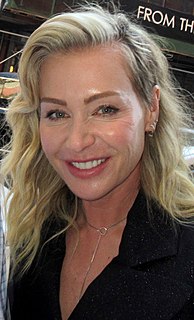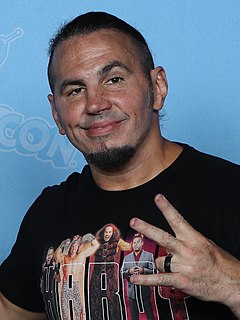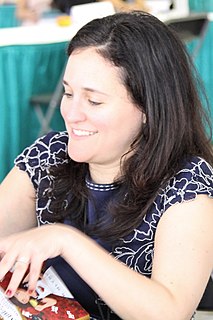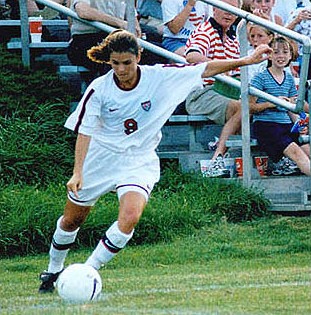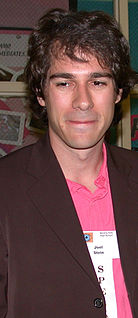A Quote by Timothy Hutton
When I was doing 'Ordinary People' and 'Taps,' I never wondered if it would have a lasting impression. I was just wanting to make the best film we could and do my part in that and be true to what my responsibilities were.
Related Quotes
During those days when you're exhausted and during those days when you're frustrated, during those days when you're being attacked by your own people for doing what you think is right, remember you're part of a progression that goes back a long time of ordinary people who are doing their best to make it a better world.
I wondered if that's what aging felt like. That desire and reality were dueling until the day you die, that nobody every got to a place of peace. I had always wanted to get old so I didn't have to care anymore, but I began to think that it would be best just to skip the getting older part and just die.


